What are Wheat Straw Products
sustainable goldmine for innovative products
Our Commitment to Sustainability
Wheat straw eco amenities are revolutionizing the fight against plastic pollution by transforming agricultural by-products into sustainable solutions. Crafted from the leftover straw after wheat harvesting, this innovative material not only minimizes agricultural waste but also offers a renewable alternative to conventional petroleum-based plastics.
What sets wheat straw apart is its impressive set of qualities: it’s biodegradable and compostable, breaking down safely in our environment without leaving harmful residues. Plus, it’s durable, heat-resistant, and FDA-approved for food contact, ensuring it’s free from harmful chemicals like BPA, making it safe for everyday use.
Given the abundance of wheat globally, wheat straw bioplastic serves as a prime example of how we can leverage agricultural by-products to foster a greener future. By embracing these eco-friendly alternatives for single-use items like toiletries, bags, foils and tableware, we’re not just reducing plastic waste—we’re paving the way for a more sustainable world.
Wheat straw, often seen as mere agricultural waste, has emerged as a sustainable goldmine for innovative products. From biodegradable tableware to eco-friendly packaging solutions, this underutilized resource is making waves in the sustainability movement.
Wheat straw fibers are not only strong and durable but also decomposable, making them a perfect alternative to plastic.
As consumers continue to seek greener options, companies are harnessing this natural material to create stylish and functional items that reduce our carbon footprint.
Moreover, utilizing wheat straw products supports farmers by providing them an additional income stream while simultaneously promoting eco-conscious practices.
Embracing wheat straw could revolutionize industries, setting a new standard for sustainability in everyday life.
Harvesting wheat straw not only generates an additional income stream for farmers but also promotes reduced carbon emissions. Depending on the manufacturer, these products can be biodegradable within 6 to 9 months at local industrial composting sites.
Wheat straw eco-friendly amenities are transforming strategies against plastic pollution by converting agricultural by-products into sustainable solutions. This innovative material minimizes waste and serves as a renewable alternative to petroleum-based plastics, offering impressive qualities such as biodegradability, compostability, and durability. It is also heat-resistant and FDA-approved for food contact, ensuring safety from harmful chemicals.
Wheat straw products are usually safe for use, although individuals with wheat allergies should take precautions. It’s advisable to check product labeling for allergen information.
Moreover, wheat straw is gluten-free, making it safe for those with gluten allergies. Gluten is a protein predominantly found in the seeds of wheat used for human consumption. However, products made from wheat straw fiber, a component of the wheat plant that is not used for food, are inherently gluten-free. This is because wheat straw fibers come from the leaves and stalks of the plant, which do not contain the same protein structures as the edible seeds. As a result, wheat straw fiber products are suitable for individuals with gluten intolerance or sensitivity, offering a safe and sustainable alternative for various applications.
By innovating with wheat straw bioplastics, we can significantly cut down on single-use petroleum-based plastics, thereby reducing landfill waste and lessening atmospheric CO2 damage. After farmers harvest wheat and sell grains for human and animal consumption, the remaining straw can be sold to sustainable manufacturers who convert it into bioplastic materials.
The transformation process involves cleaning the straw and breaking down its fibers to extract lignin, a natural compound that strengthens the material. Lignin can then be mixed with sugars or bamboo to create a versatile bioplastic that can be molded into various shapes. Eco-friendly dyes and finishing touches allow for the production of unique, reusable products intended for daily use.
Join the PLANET ZERO WASTE Movement Now
At PZW, we believe that sustainability is not just a trend but a lifestyle that benefits guests, businesses, and the planet.
Reach out today to start your journey towards a greener future. We advise on sustainability and present a wide range of environmentally friendly practices and products, including in the luxury segment.
Sustainable Hotel and Kitchen Products:
The Future of Hospitality
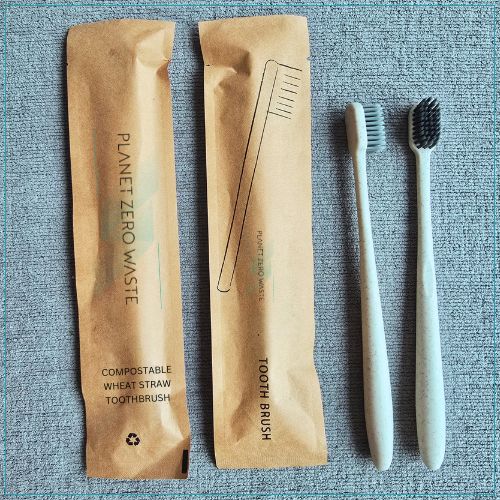

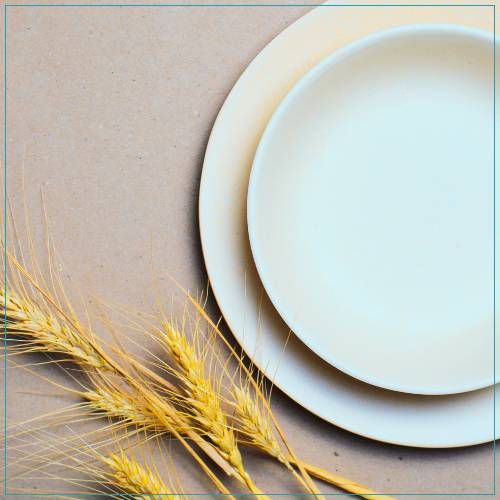
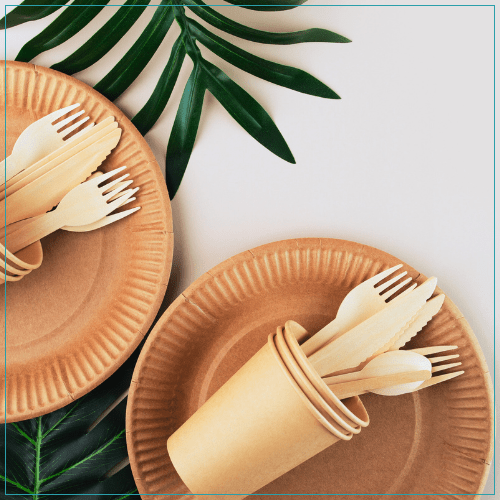
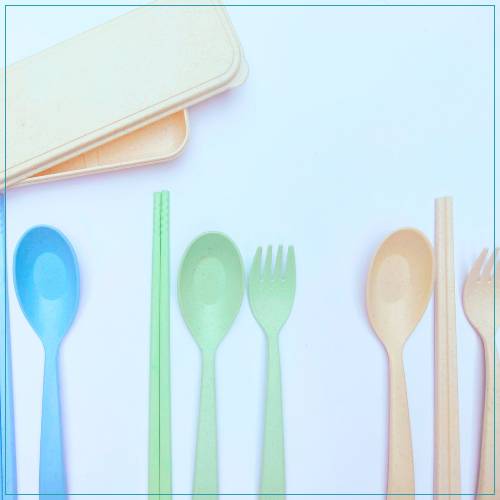
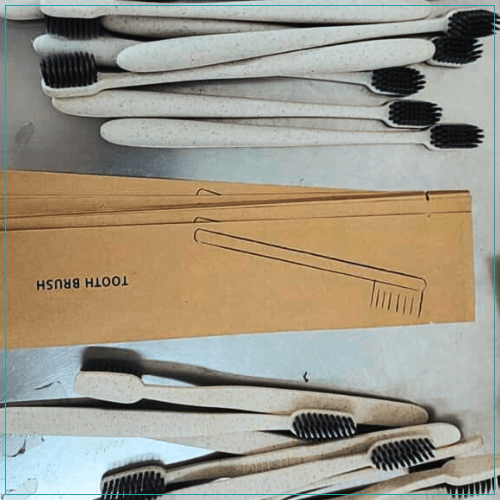
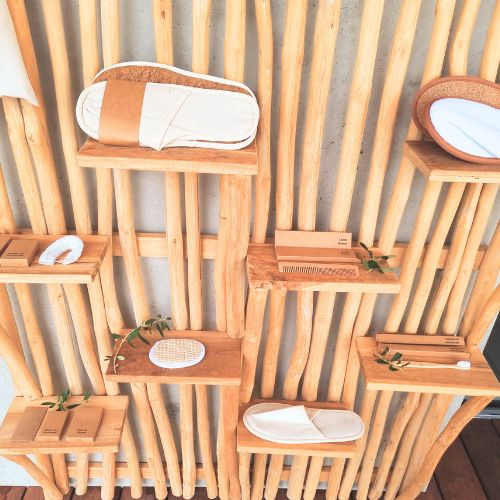


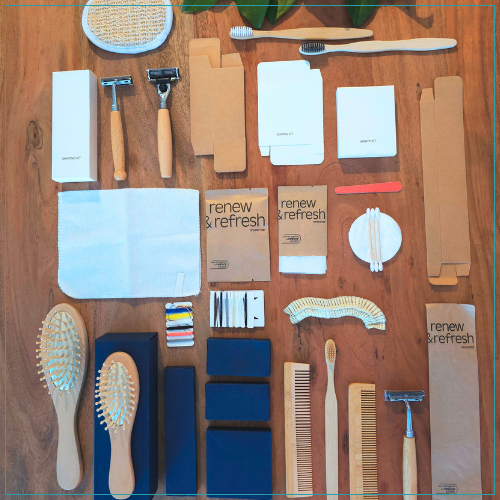
As the hospitality industry continues to evolve, there is a growing emphasis on sustainability and quality in all aspects of hotel and kitchen products. At our company, we have taken this commitment to heart by manufacturing all our products sustainably, with a focus on the best quality and functionality.
About Us
“Sustainability Starts with us – Transforming Hospitality for Tomorrow”
Designed and Developed
by Claudia Herrmann
Planet Zero Waste LTD

Sustainable Products & Consulting Service
© 2024 All rights reserved
Planet Zero Waste LTD
